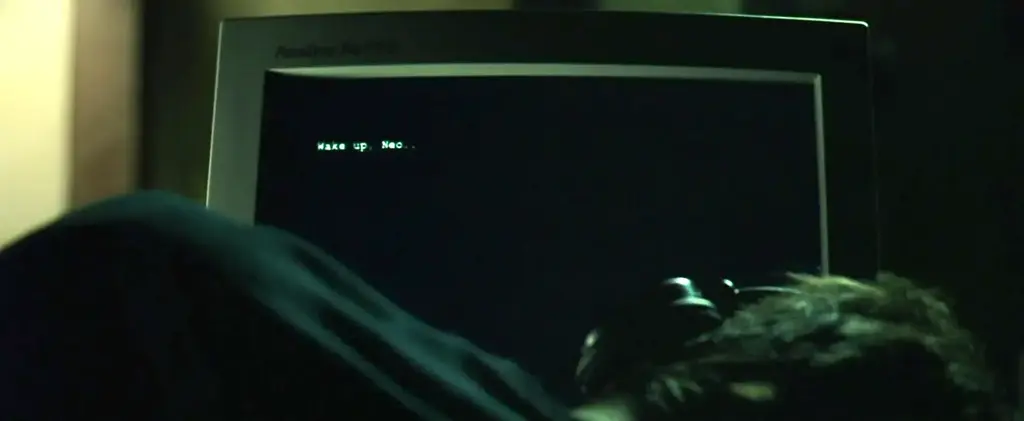

Just to be clear, shitfuck Stone isn’t admitting to stealing an election or trying to steal an election, he’s implying that President Biden stole the election.
He goes on to say “We’re working on it: lawyers, judges, technology,”, so he’s definitely admitting to trying to steal this upcoming election.
So yes, same coup rhetoric, and I would like nothing more to see his front door ravaged by a battering ram during an early morning no-knock warrant raid, but you are taking that one specific quote regarding an election being stolen again slightly out of context. Everything else you said is totally valid based on everything else Stone said on camera though.










Some of us drive 18-wheeled vehicles.